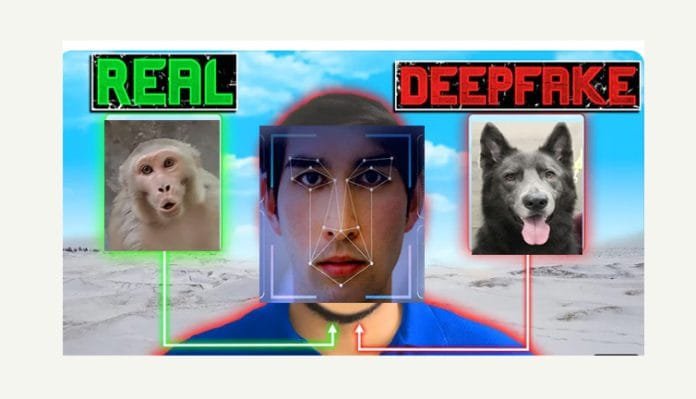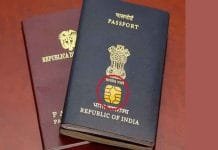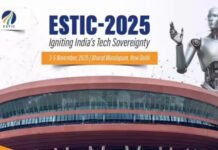INVC NEWS
Mumbai : This time the digital platform is playing the most important role in the Lok Sabha elections. This platform has made it easier for political parties and candidates to reach voters. But, on the other hand, the dark side of this technology is also coming to the fore. Netaji spends the whole day working hard in the elections, but by the evening an animated picture or video becomes so viral that all his hard work goes waste. This is deepfake technology, which brings exactly the same fake face and voice on screen.
According to Deepfake Insider related to creating AI images, more than 80 thousand deepfake posts related to political parties are currently viral on Instagram, WhatsApp, X and Facebook. For the youth who are experts in technology, the election season is no less than a tough time, because the fee for making such a post and making it viral ranges from Rs 3 lakh to Rs 1 crore. In deepfakes, it is very difficult to identify real and fake. In this, deep machine learning along with artificial intelligence is used to show any picture, audio or video as fake. That is why it is called deepfake. 76 percent people do not know what a deepfake video is. In such a situation, when elections are going to be held in the world’s largest democracy, it can be easily understood how this technology is being used to confuse the voters.
The main work of connection between the candidate and the voter is being done by AI chatbot and virtual assistant social media platform. But, under the guise of this, wrong news and misinformation are also being made viral through AI. This is the reason why candidates are more afraid of the losses than the benefits of this technology. Perhaps that is why this time the Chief Election Commissioner has included fake news and deepfakes among the major challenges of the Lok Sabha elections.
Interestingly, political parties, candidates and their fund managers are paying more money to create deepfake videos that tarnish the image of their opponent than to enhance the image of their leader. It will be surprising that contracts worth crores are being raised for this. According to a deepfake expert from Noida, earlier it was used more for entertainment. From there the political parties stole this idea. He says that he alone has received orders for more than 350 content for the elections. Same is the situation with other AI agencies and experts.
An expert in creating ‘grey content’ said that there are more orders for creating a bad image than for creating a good image. This content is created by cloning deepfake voices and videos. There is the highest demand to make the controversial statement in the voice of the opposition leader viral. The fees for this range from Rs 50 thousand to Rs 10 lakh. There is also a demand to add the photo of the leader in porn or other controversial videos. The photo has to be attached very clearly. Its fees are in crores.
Do you know
More than 5 lakh deepfake videos and voices have gone viral on social media globally in one year.
This is 550 percent more than 2019.
Four years ago it took 15 days to create a deepfake video. Today, fake audio and video are ready in just five to seven minutes.
Earlier, deepfakes were made with the help of 35,000 to 62,000 photo data. Today it is made in only one to three photos.
There are 116 crore mobile users in the country. 17 crores in UP.
77% population has access to internet.
These provisions are now in action
Last year, 20 companies including Google, Amazon, IBM, Meta, Adobe, Open AI, Microsoft, X, TikTok had made a strategy to prevent misuse of AI in elections. For spreading false news by making fake videos, action can be taken under the Indian Penal Code (1860) or new laws – Indian Judicial Code (2023), Information Technology Act (2000) and Information Technology Act (2021). According to senior advocate Yajuvendra Singh, misuse of a person’s photograph can attract a fine of Rs 2 lakh and jail up to three years under Section 66E of the IT Act (2000).
BJP MLA Ramesh Mendola has become a victim of deepfake in Madhya Pradesh assembly elections. His fake photo was made viral on the internet media. Mendola was shown in a fake photo at a number and name plate shop. A deepfake post tarnishing the image of BJP candidate from Tehri Garhwal Mala Rajyalakshmi Shah went viral on social media. Deepfake videos from Shivraj Singh Chauhan to Sonia Gandhi and Kamal Nath have gone viral. A fake video of Rahul Gandhi went viral, in which the Congress leader was seen saying, I don’t do anything. Deepfake audio related to Akhilesh Yadav also went viral. A deepfake of Prime Minister Narendra Modi’s face was shared, in which he was seen crying in front of a poster of a female wrestler.
















